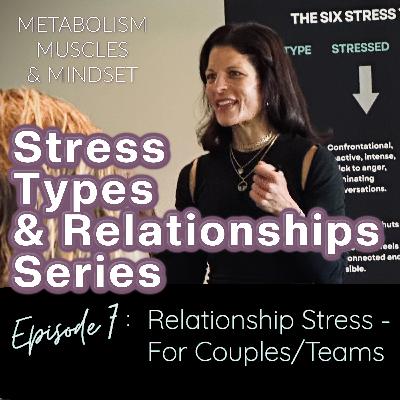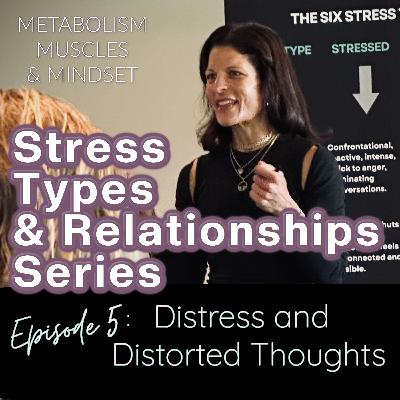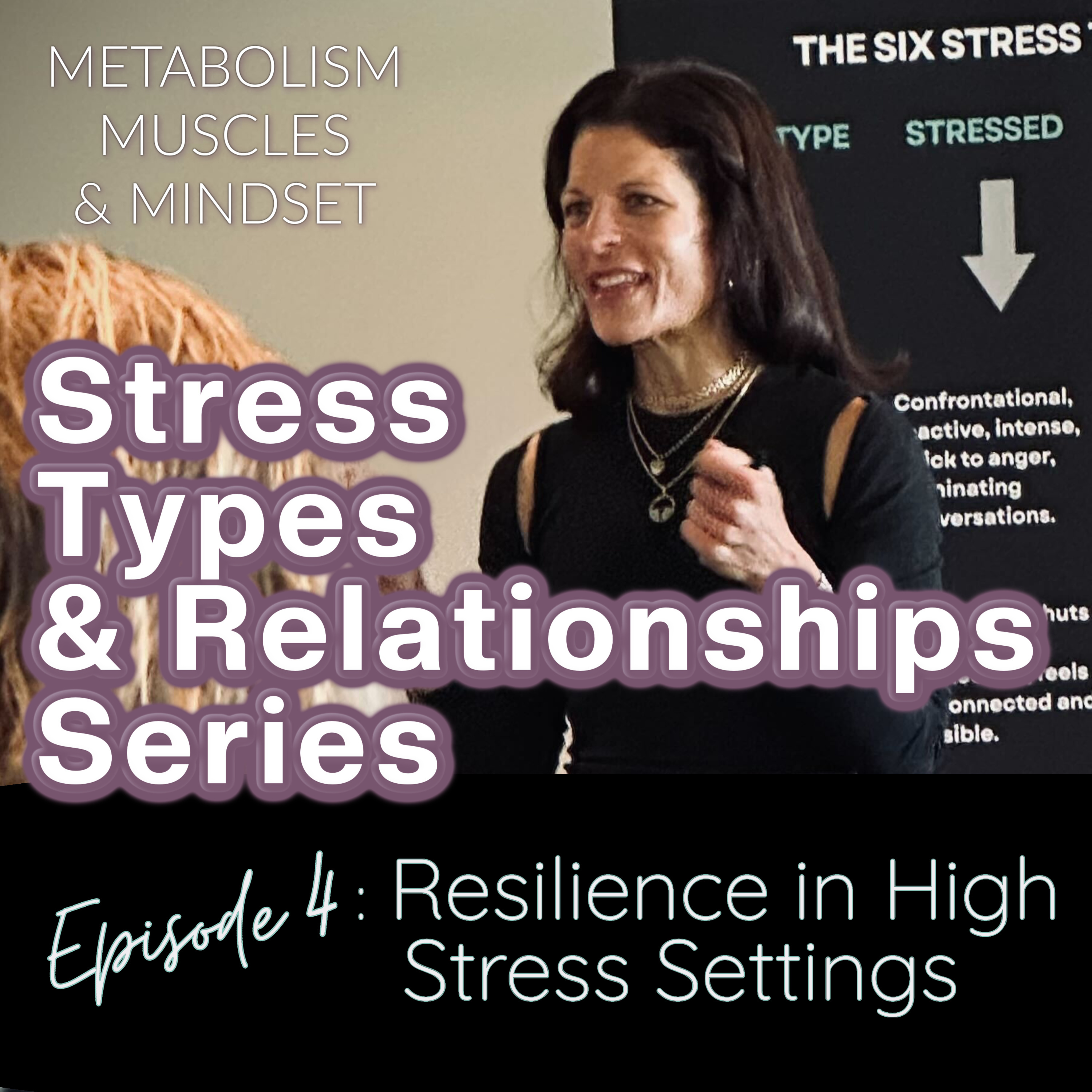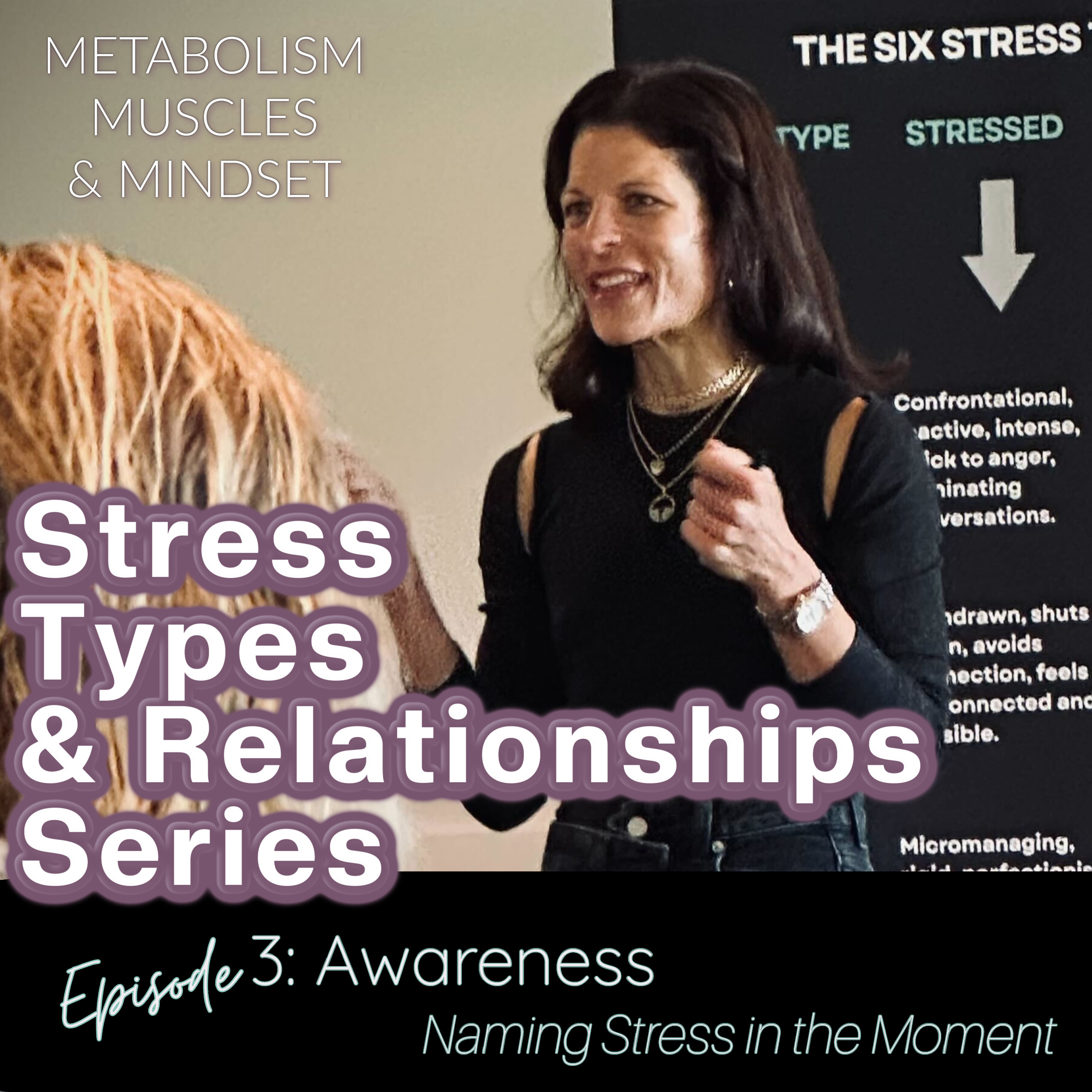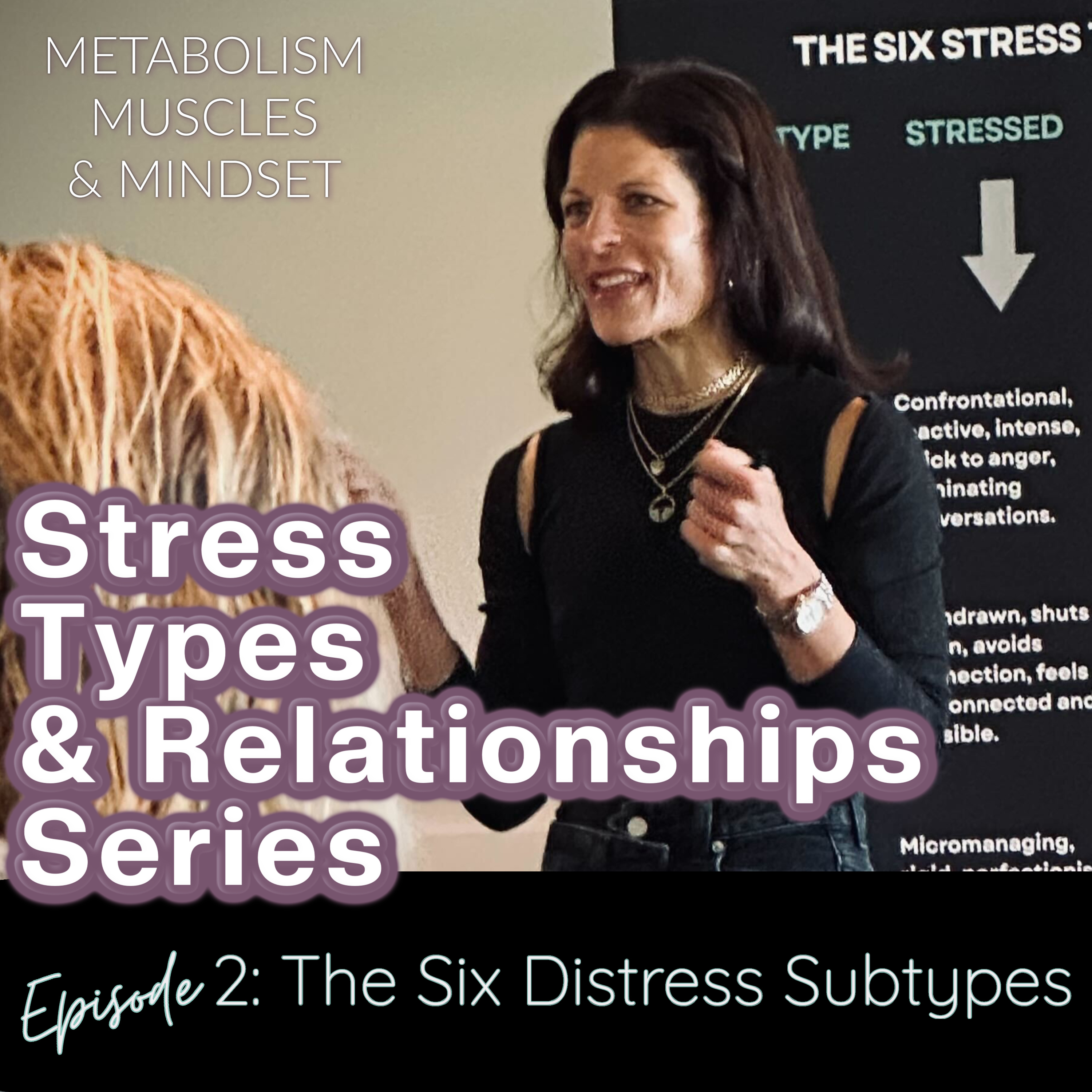198: The Science of Hunger
Description
Summary
In this episode of the "Muscles and Mindset" podcast, Ali Novitsky MD dives deep into the fascinating science of hunger. She starts by sharing her personal experience with having a big appetite and how it led her to explore the genetics of hunger. Dr. Ali explains that hunger actually has a genetic component, specifically related to the MC4R gene, which affects our satiety levels. She reveals that she has a variant in this gene, which explains her larger-than-average appetite.
Moving on, Dr. Ali discusses the different hormones involved in hunger. She explores ghrelin, known as the "ghrelin gremlin," which is the hunger hormone that increases in situations of stress, sleep deprivation, and weight loss. On the other hand, she explains that leptin is the satiety hormone produced in our fat cells. Dr. Ali also highlights the concept of leptin resistance, where the brain doesn't sense enough body fat despite high levels of leptin, believed to contribute to obesity.
Dr. Ali further touches on insulin, which is responsible for lowering blood glucose levels and driving nutrients into cells. She explains how high insulin responses to unopposed carbohydrates can lead to rebound hunger. Lastly, she mentions cortisol, the stress hormone, which can increase blood sugar levels and inhibit insulin release, potentially causing insulin resistance.
Throughout the episode, Dr. Ali emphasizes the importance of understanding these hunger hormones and their impact on our appetite. She mentions that in the next episode, she will discuss strategies to optimize hunger and regulate appetite naturally, including dietary and exercise approaches. Dr. Ali also highlights some of the programs and services available to listeners, such as a muscle maintenance and weight loss program, a 31-day fitness program, and a six-month coaching program specifically designed for women physicians.
Overall, this episode of "Muscles and Mindset" provides listeners with a better understanding of the science behind hunger and how they can work with their hunger to achieve their health and weight loss goals.
Takeaways
- Hunger has a genetic component, with the MC4R gene affecting satiety.
- There is no 'normal' appetite, and each person's appetite is unique.
- Hunger is a sensation, not a feeling, and can be accompanied by different emotions.
- Hormones such as ghrelin, leptin, insulin, and cortisol play a role in hunger regulation.
Chapters
Resources Mentioned
31 Days of FIT. Learn more HERE.
Muscle Maintenance During Fat Loss. Waitlist HERE.
Fit Woman Collective™. Learn more HERE.
Transform® 8.0 deposit link is now open. Sign up HERE.
Follow Dr. Ali Novitsky on TikTok | Facebook | Instagram | YouTube
Subscribe to The Muscles and Mindset Podcast on Apple Podcasts
*** Ali Novitsky MD, this podcast, and podcast write-up are NOT providing medical advice ***


